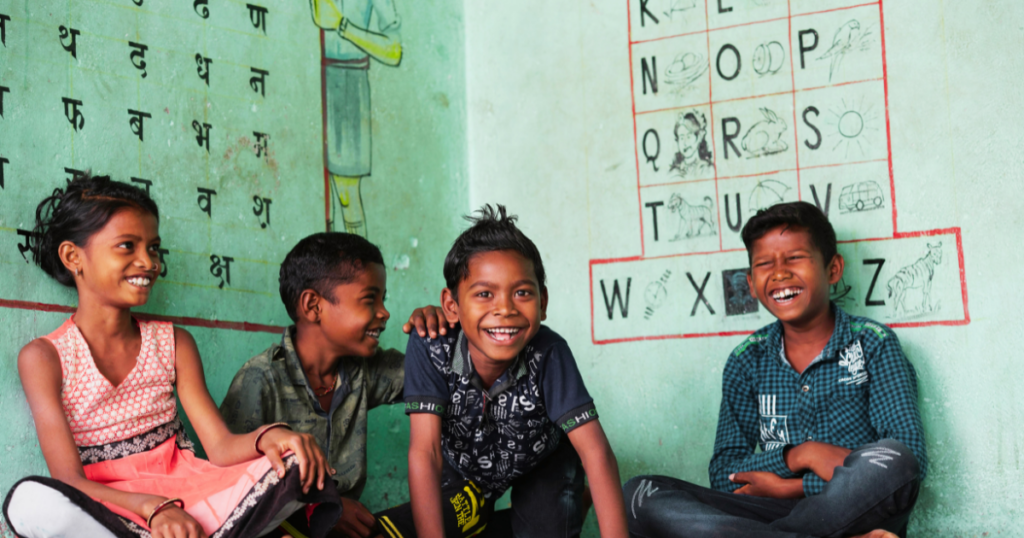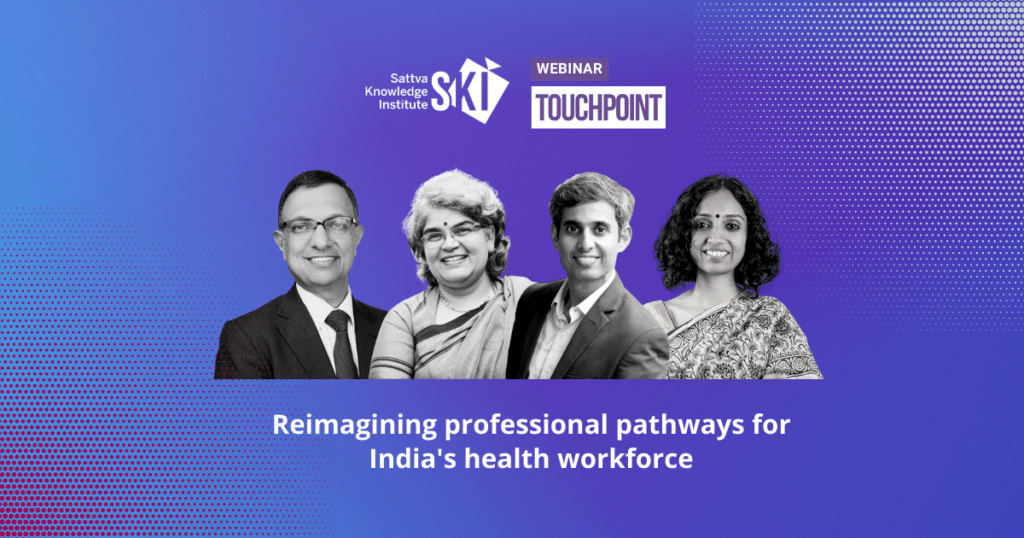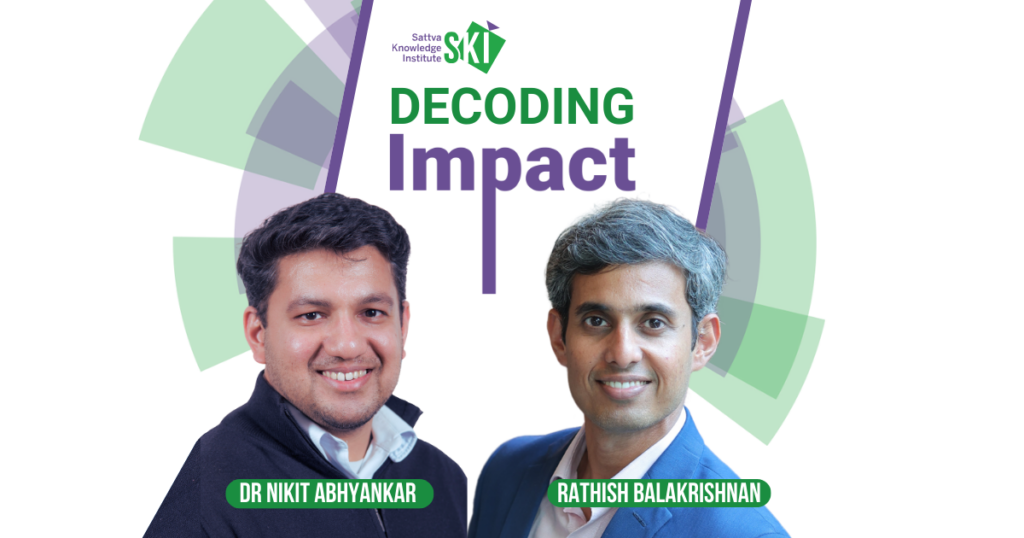Over the last decade, India has significantly increased cumulative (68%) and per capita (47%) carbon emissions. In response, the country has shifted its focus towards augmenting its renewable energy capacity, aiming for carbon neutrality and now ranking fourth globally in renewable energy production. Despite these efforts, the integration of renewable energy into the national grid faces considerable obstacles, leading to a discrepancy between installed capacity (41%) and actual energy generation (11%). This gap underscores the persistent reliance on fossil fuels, which account for 73% of India’s energy generation.
To address these challenges, a workshop conducted under the aegis of the Sattva Knowledge Institute Annual Summit 2024 brought together a diverse group of stakeholders, including experts, corporate leaders, policymakers, and social organisations, to investigate the potential of Digital Public Infrastructure (DPI) and Open Network approaches to foster decarbonisation. The pivotal event, conducted in collaboration with FIDE and Beckn, underscored the importance of building public goods to enable further innovation and impact in the clean energy domain.
The workshops identified the need for an ecosystem that supports green energy transitions through DPIs, highlighting the significance of addressing challenges and developing pilot plans collaboratively. It outlined India’s digital advancements, such as Aadhaar and UPI, as models for tackling complex issues through DPI, suggesting that similar approaches could be instrumental in addressing climate change and sustainability. By moving away from solution-first approaches and fostering open networks, discussants agreed on the need for a foundational infrastructure that enables community-based innovation and conceptualisation of solutions for climate action.
India’s green energy value chain could significantly benefit from DPI and open network thinking, particularly in overcoming discoverability challenges within green financing, EV infrastructure, and renewable energy sectors. The Beckn Protocol was highlighted as a key enabler of open, decentralised networks that facilitate exchange among participants, thus addressing critical issues in the green energy ecosystem.
In conclusion, the workshop called for a collaborative approach, supported by agile policy and incremental problem-solving, to create population-scale impact through DPIs. It outlined a vision for a community of infrastructure innovators and the transformative power of DPIs and Open Networks in the energy sector, aiming to accelerate clean energy solutions and transform India’s energy landscape for a sustainable and resilient future.
This report is a synthesis of a workshop conducted by the Sattva Knowledge Institute, in partnership with FIDE, as part of its Annual Summit 2024, conducted in New Delhi on February 23, 2024. The workshop was conducted with support from Manohar Sreekanth, Shriram Bharathan R., Prerit Shukla and Samriddhi Diwan.
The report has been compiled by Sohini Dutta and Naaz Narang (Sattva Knowledge Institute), and reviewed by Abhishek Modi, Anantha Narayan, Rathish Balakrishnan (Sattva Knowledge Institute) and Anirban Sinha (FIDE).




